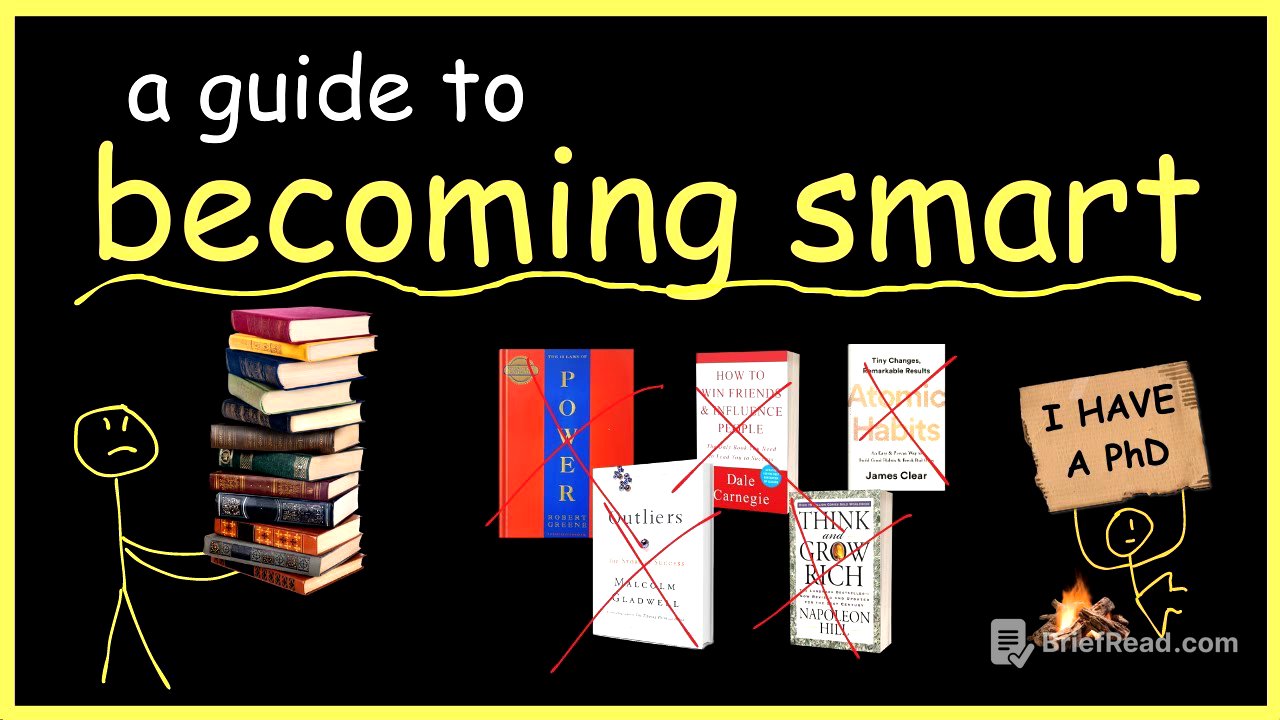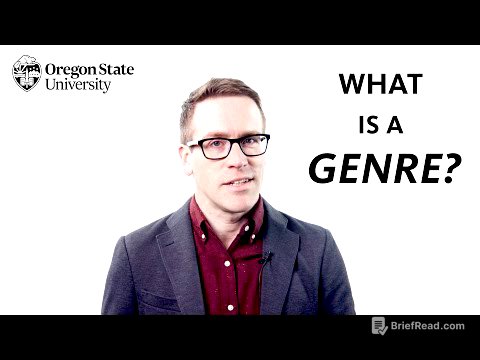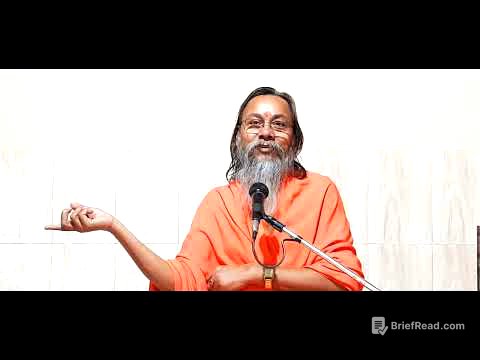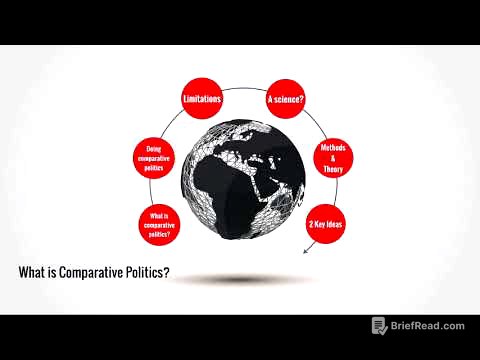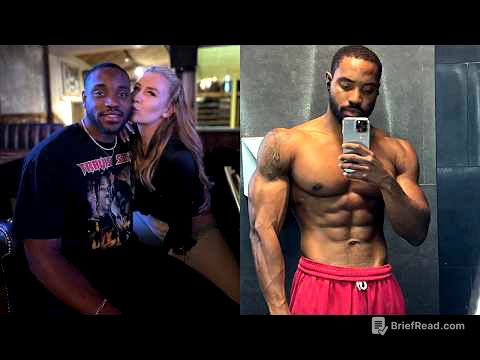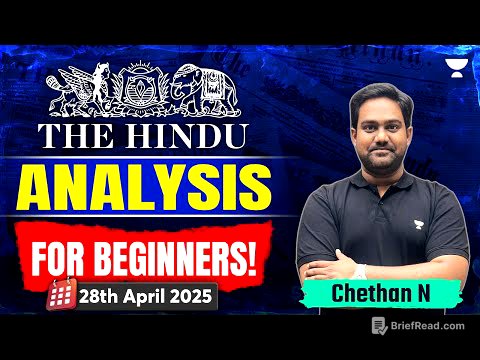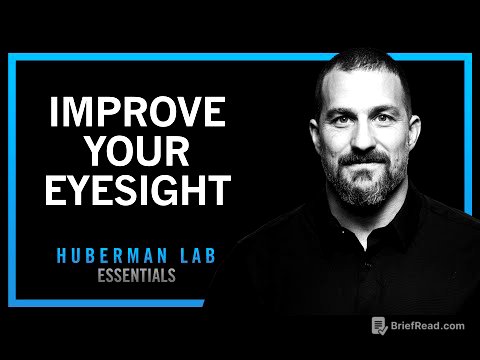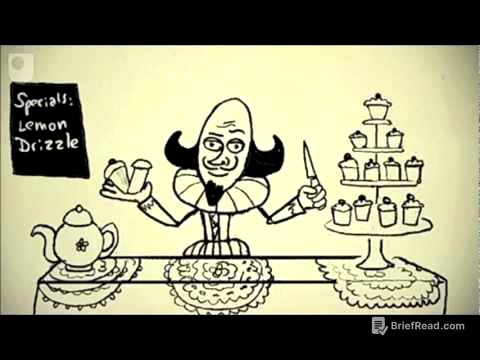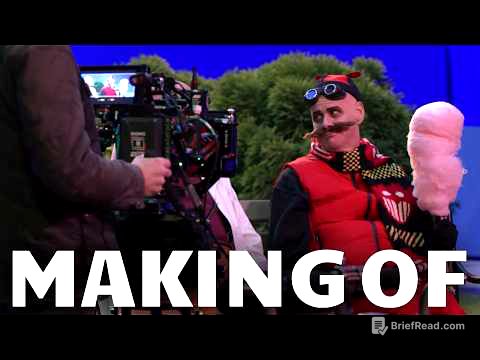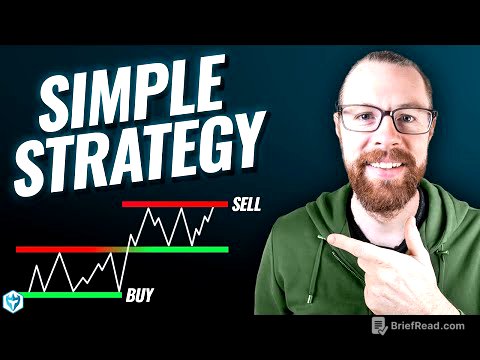TLDR;
The video explains how to become smarter by focusing on practical learning techniques rather than traditional education or generic brain hacks. It emphasizes the importance of reading non-fiction books, applying learned knowledge through practice or mental simulation, and utilizing textbooks for efficient learning. The key is to make the information seem useful to your brain by creating realistic scenarios and practice questions.
- Read non-fiction books on topics of interest to gain knowledge.
- Apply learned knowledge through real-world practice or mental simulation.
- Use textbooks for efficient learning due to their concentrated information and practice questions.
- Make information seem useful to your brain by creating realistic scenarios and practice questions.
Introduction: The Myth of Traditional Education [0:00]
The conventional path to intelligence, involving years of schooling, often leads to disillusionment rather than practical skills. While formal education emphasizes academic achievement, it may not equip individuals with the skills necessary for real-world success. The video suggests that becoming smart is more accessible than commonly believed, regardless of perceived genetic limitations. The speaker defines "getting smarter" as acquiring useful skills, improving problem-solving abilities, mastering difficult subjects, and effectively communicating knowledge.
Ineffective Advice and the Key to Learning: Reading [0:55]
Most online advice on becoming smarter is vague and impractical. Specific tips like eating blueberries or listening to classical music are insufficient for actual learning. The core of becoming smarter is reading, particularly non-fiction, which helps in acquiring knowledge applicable in conversations. The key is to share knowledge without making others feel inferior, fostering genuine learning and respect.
Finding and Using Books Effectively [3:09]
Finding relevant books is straightforward: identify a topic of interest and search for books on it. The video jokingly suggests using unofficial methods to access books for free. Once you have a book, focus on extracting useful information for conversations and practical skills.
Applying Knowledge and the Learning Curve [3:50]
To truly learn a skill, practice is essential. The learning curve illustrates that initial practice yields significant progress. Learning how to tie a tie requires actually tying one while watching instructions. Similarly, reading books only makes you smarter if you apply the knowledge gained. For instance, after reading about cleaning a bedroom, clean one to reinforce the information. If direct practice isn't possible, mentally simulate the situation where the knowledge would be useful.
Simulating Usefulness and the School System [5:33]
The school system uses tests to create imaginary situations where learned information becomes useful. However, this knowledge is often forgotten after the test. Instead of rote repetition, practice questions are more effective because they simulate real-world application. If practice questions aren't available, create your own and imagine high stakes to motivate your brain to remember the information.
Textbooks: The S-Tier Learning Format [6:44]
Textbooks are the most efficient format for rapid learning due to their concentrated information and practice questions. While not as entertaining as other learning methods, they offer a direct path to knowledge acquisition. The video jokingly suggests using unofficial methods to access textbooks for free.
